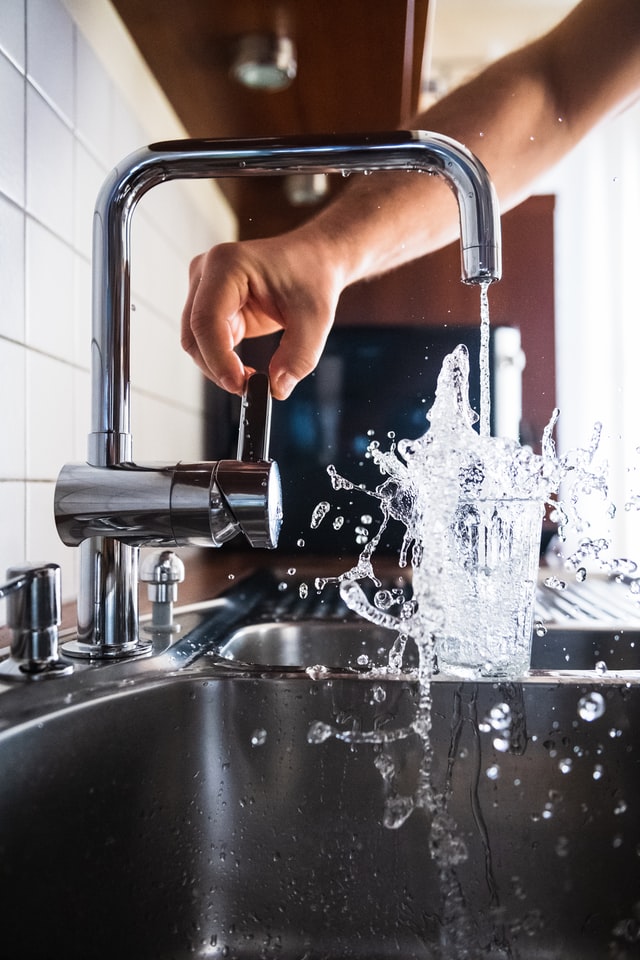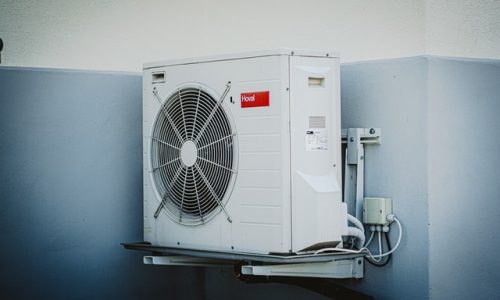- Home
- Parts & Equipment
- 4 Fun Facts About Plumbing

4 Fun Facts About Plumbing
Plumbing services Geneva IL are not necessarily something you give thought to on a daily basis, but they’re an essential service to each and every one of us. To give us all a little more appreciation for this crucial service in our communities around the world, here are four interesting plumbing facts.
World Plumbing Day
The World Plumbing Council has declared March 11 as World Plumbing Day, a day to recognize the hard-working men and women who contribute to the life-giving service of bringing clean water to communities across the globe. Plumbers and trained professionals everywhere are honored on this day each year, even by President Biden, who recognized World Plumbing Day in an official Whitehouse statement in 2021.
Ancient Plumbing Roots
Plumbing as a concept dates back to six thousand years ago, around 3000 or 4000 B.C. in the Indus River Valley Civilization, where the first water pipes were constructed of baked clay and straw. In 2500 B.C., ancient Egyptians developed the first metal pipe out of copper alloys, utilizing them to help manage the watering of their crops. Around 1500 or 1700 B.C., Ancient Greeks employed plumbing technology to create an extensive drainage system for conveniences such as lavatories. Later (500 B.C. – 476 A.D.), the Roman Empire developed an aqueduct system that carried up to 317 million gallons of water each day; this elaborate system of baths, fountains, toilets and more is considered the model for today’s plumbing systems.
Water in the Southern Hemisphere
You may have heard that sinks, tubs and toilets drain/swirl in the opposite direction in the Southern Hemisphere, but this is actually not the case. The direction of the water swirling is determined by the plumbing itself; therefore, water can drain/swirl in either direction in both hemispheres.
Modern Plumbing Codes
In England in 1848, the National Public Health Act was passed, providing a model for plumbing codes across the globe. Even today, this old regulation is recognized as a pivotal point for providing clean drinking water, drainage and sewage systems and general public health ordinances, especially because the original incarnation was targeted at improving living conditions and standards for the working poor.
Effective plumbing makes the delivery of clean drinking water and proper management of wastewater possible all around the world. By expanding our knowledge of plumbing, we can bring more awareness to this critical service and ensure that we appreciate it fully.





